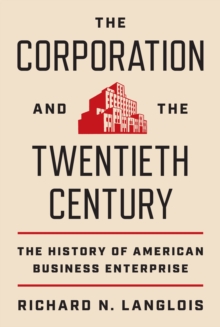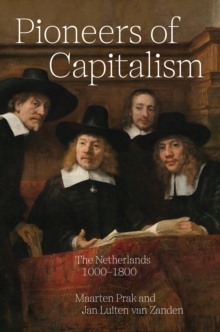
Distant Tyranny : Markets, Power, and Backwardness in Spain, 1650-1800 Hardback
by Regina Grafe
Part of the The Princeton Economic History of the Western World series
Hardback
Description
Spain's development from a premodern society into a modern unified nation-state with an integrated economy was painfully slow and varied widely by region.
Economic historians have long argued that high internal transportation costs limited domestic market integration, while at the same time the Castilian capital city of Madrid drew resources from surrounding Spanish regions as it pursued its quest for centralization.
According to this view, powerful Madrid thwarted trade over large geographic distances by destroying an integrated network of manufacturing towns in the Spanish interior.
Challenging this long-held view, Regina Grafe argues that decentralization, not a strong and powerful Madrid, is to blame for Spain's slow march to modernity.
Through a groundbreaking analysis of the market for bacalao--dried and salted codfish that was a transatlantic commodity and staple food during this period--Grafe shows how peripheral historic territories and powerful interior towns obstructed Spain's economic development through jurisdictional obstacles to trade, which exacerbated already high transport costs. She reveals how the early phases of globalization made these regions much more externally focused, and how coastal elites that were engaged in trade outside Spain sought to sustain their positions of power in relation to Madrid.
Distant Tyranny offers a needed reassessment of the haphazard and regionally diverse process of state formation and market integration in early modern Spain, showing how local and regional agency paradoxically led to legitimate governance but economic backwardness.
Information
-
Available to Order - This title is available to order, with delivery expected within 2 weeks
- Format:Hardback
- Pages:320 pages, 4 Maps
- Publisher:Princeton University Press
- Publication Date:08/01/2012
- Category:
- ISBN:9780691144849
Information
-
Available to Order - This title is available to order, with delivery expected within 2 weeks
- Format:Hardback
- Pages:320 pages, 4 Maps
- Publisher:Princeton University Press
- Publication Date:08/01/2012
- Category:
- ISBN:9780691144849










